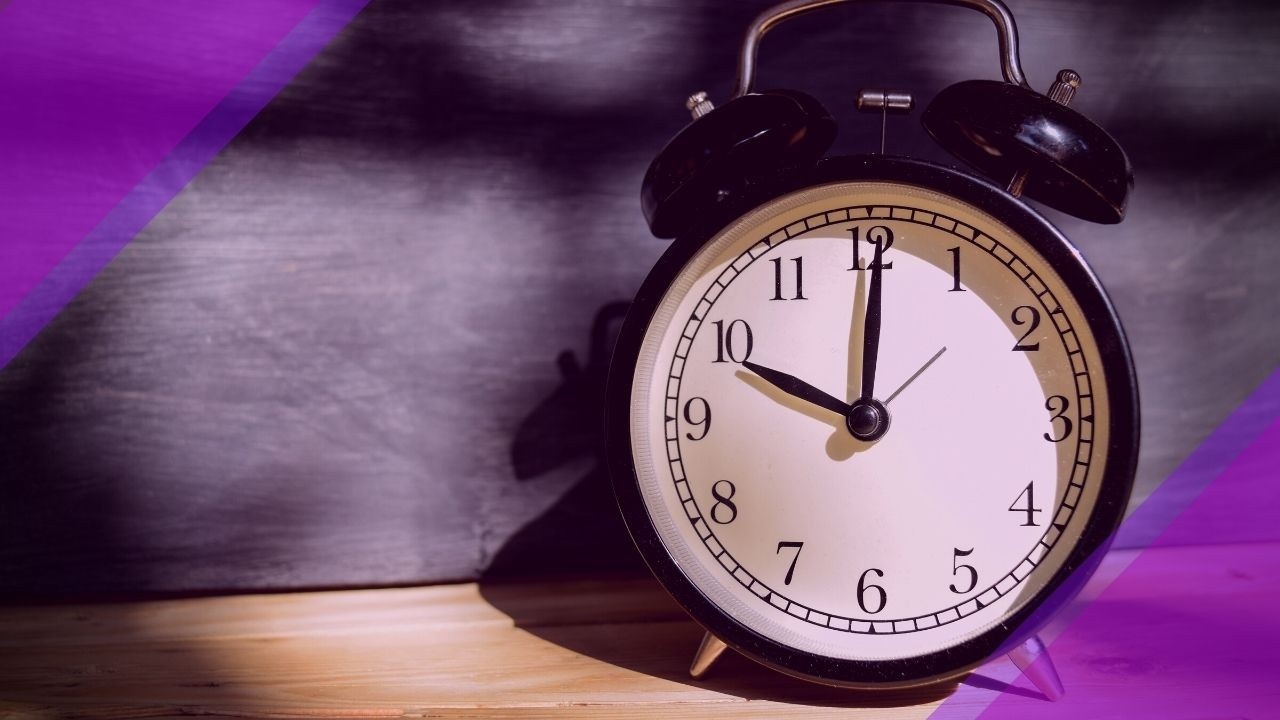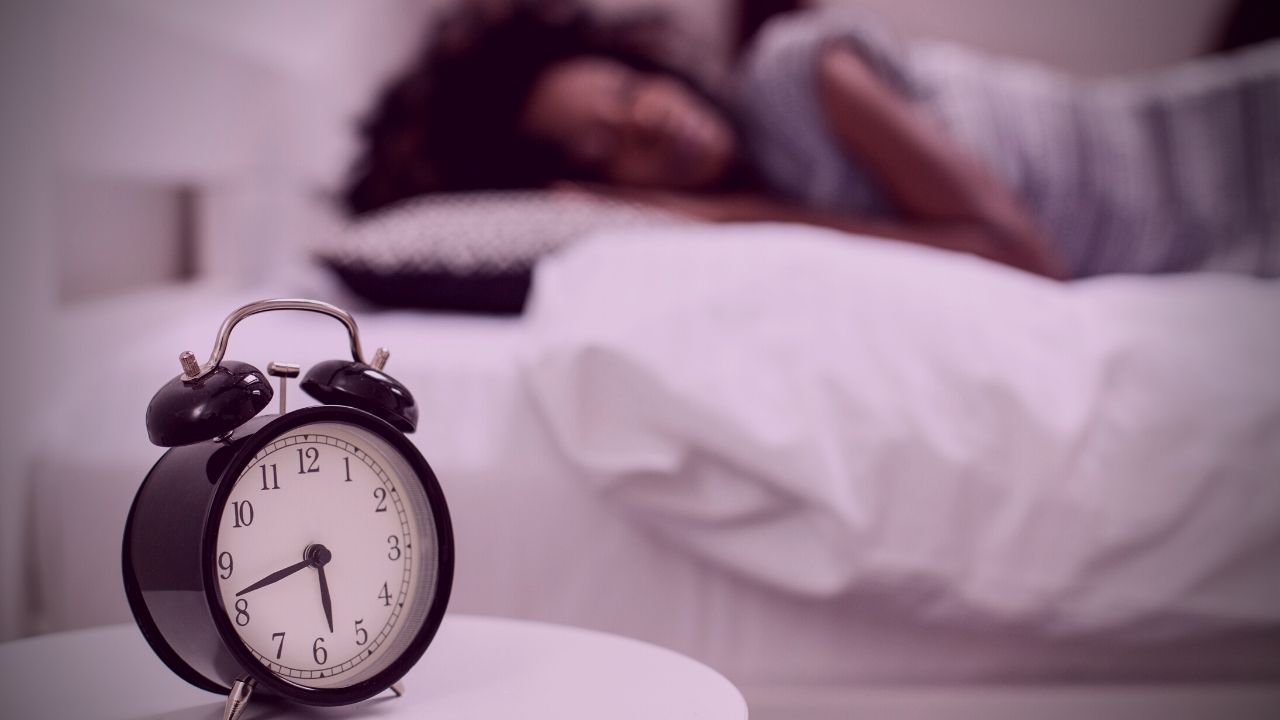
Tuck In Between 10 and 11 for Menopause Health
Nov 16, 2021Research shows the benefits of going to sleep between those hours.
By Selene Yeager
When I was in college, we often didn’t even go out until 11, sometimes 11:30. After all the bars were open till 2 a.m. These days I’m tucked in by 10:30 p.m. most nights, which I’m happy to see is the time research is finding may lower heart disease risk and have other health benefits.
The most recent study that shows the benefits of a reasonable bedtime is one published last week in the European Heart Journal, which reported that compared to falling asleep between 10:00 and 10:59 p.m., falling asleep after midnight was associated with a 25 percent higher risk of heart disease. Falling asleep between 11:00 and 11:59 was associated with a 12 percent increase in heart disease risk. Interestingly, there was also a 24 percent higher risk for those who fell asleep before 10:00 p.m., likely because of how sleep time impacts circadian rhythms.
“The body has a 24-hour internal clock, called circadian rhythm, that helps regulate physical and mental functioning,” said study author Dr. David Plans of the University of Exeter, UK in a press release. “While we cannot conclude causation from our study, the results suggest that early or late bedtimes may be more likely to disrupt the body clock, with adverse consequences for cardiovascular health.”
The study included more than 88,000 adults (58 percent women) in the UK Biobank recruited between 2006 and 2010, with an average age of 61. The researchers collected sleep and waking data over seven days using wrist-worn accelerometers. The participants also filled out questionnaires on their demographics, lifestyle, and health. The researchers followed up with participants for an average of 5.7 years for any new diagnosis of cardiovascular disease and discovered the link between bedtime and heart disease risk.
When the researchers crunched the data by sex, they found that the bedtime and heart health association was stronger in women, with only sleep onset before 10:00 p.m. remaining significant in men.

Human Growth Hormone Benefits
Going to bed before 11 may also help you produce more human growth hormone (HGH), which helps you build muscle and burn fat, while also stimulating tissue growth and allowing you to recover faster—all benefits women need, especially right now.
You make the majority of HGH in your sleep. Getting sufficient amounts of sleep—between seven to nine hours a night—is important for prime HGH production. But it’s also produced earlier in the night, so your bedtime matters.
“The majority of secretion is between 11 p.m. and 1 a.m. and then it starts shutting down,” says Christopher Winter, MD, author of The Sleep Solution, who I have interviewed multiple times on the topic.
HGH naturally declines with age, so this is another reason for us to try to call it a night before 11 p.m. if and when possible (recognizing that there are plenty of shift jobs that can make this difficult if not impossible).
Get Feisty 40+ in Your Inbox
We hate SPAM. We will never sell your information, for any reason or send you emails that suck!


